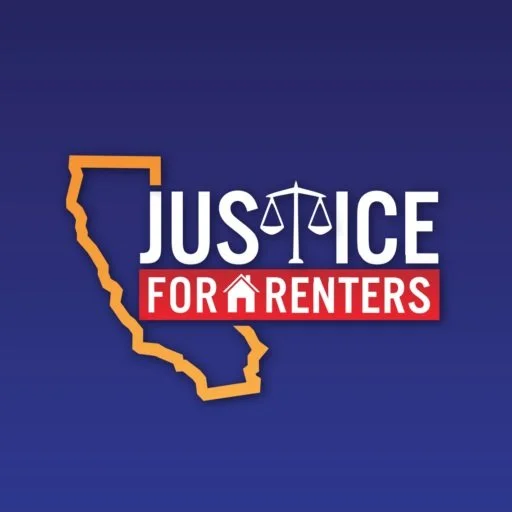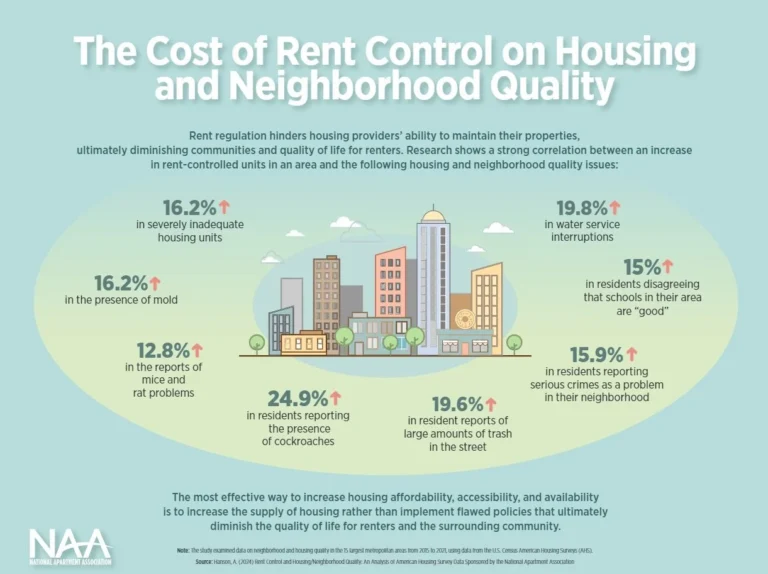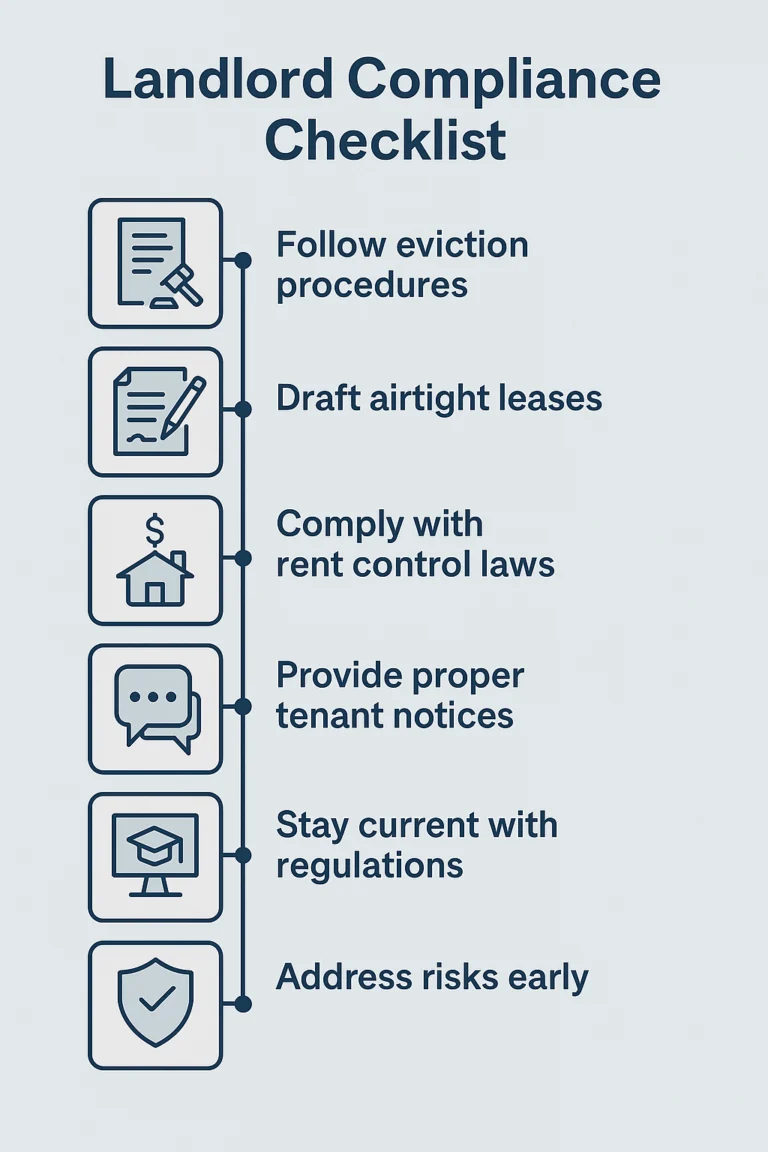 California voters have narrowly approved Proposition 34, introducing stringent regulations on how certain healthcare providers allocate their pharmaceutical revenues. This measure mandates that specified providers allocate 98% of their income from federal drug discount programs directly to patient care services. Notably, the AIDS Healthcare Foundation (AHF), a prominent advocate for rent control initiatives, is significantly impacted by this legislation.
California voters have narrowly approved Proposition 34, introducing stringent regulations on how certain healthcare providers allocate their pharmaceutical revenues. This measure mandates that specified providers allocate 98% of their income from federal drug discount programs directly to patient care services. Notably, the AIDS Healthcare Foundation (AHF), a prominent advocate for rent control initiatives, is significantly impacted by this legislation.
Key Takeaways for Property Owners:
-
Impact on Rent Control Advocacy: AHF has been a major proponent of rent control measures in California, sponsoring multiple ballot initiatives aimed at expanding rent control policies. With the passage of Prop. 34, AHF’s financial capacity to support such initiatives may be curtailed, potentially reducing momentum for future rent control efforts.
-
Potential Shift in Housing Policy Dynamics: The restriction on AHF’s spending could lead to a decrease in organized support for rent control, possibly influencing the balance of power in housing policy debates. Property owners might experience a more favorable environment concerning rent control legislation due to diminished advocacy from groups like AHF.
-
Legal and Operational Implications: AHF’s compliance with Prop. 34 is crucial, as non-adherence could jeopardize its operational licenses. This scenario underscores the importance of understanding how healthcare funding regulations can intersect with housing advocacy and policy.
Understanding Proposition 34:
-
Purpose: Prop. 34 aims to ensure that revenues from federal drug discount programs are primarily used for direct patient care, addressing concerns about the diversion of funds to non-healthcare-related activities.
-
Scope: While the measure is designed to apply broadly, its specific criteria currently align closely with AHF’s operations, making it the primary entity affected.
Implications for the Housing Market:
-
Reduced Advocacy for Rent Control: With AHF’s financial resources constrained, there may be a decline in organized campaigns for rent control measures, potentially leading to a more stable regulatory environment for property owners.
-
Shift in Policy Debates: The passage of Prop. 34 could alter the dynamics of housing policy discussions, with less opposition to market-driven approaches to rent and property management.
Conclusion:
The approval of Proposition 34 represents a significant development in California’s healthcare and housing sectors. For property owners, this measure may lead to a reduction in rent control advocacy, potentially resulting in a more favorable operating environment. Staying informed about these changes is essential for strategic planning and compliance with evolving regulations.






